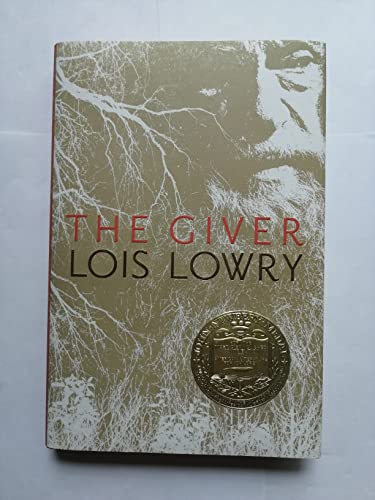

There is, however, one small part of me that wishes Hollywood would have kept its hands off Fiona's Assignment.

This one might not seem like it changes anything about the overall story, and I mostly agree. 5) Fiona isn't assigned to be a Nurturer in the book But in the book, he doesn't really act on his Stirrings toward Fiona, probably because, well, he's only a Twelve. In the book, there are hints that Jonas does have strong but unexplained feelings toward Fiona (Odeya Rush) - the book calls the feelings "Stirrings." The fact that Jonas is able to "see beyond" the gray color of Fiona's hair to its original red also suggests that the two of them share a special bond. Unsurprisingly, the Jonas/Fiona relationship was given the Hollywood Young Adult Movie treatment. But you should know that the character she's based on, the Chief Elder, isn't nearly as important a character in Lowry's novel. Streep is absolute gold and her character was a great addition to the movie. 3) Meryl Streep's character was a much smaller part of the book Still, it's worth noting that Brenton Thwaites does bring a youthful naivety and charm to the role, and so Lowry's vision remains largely intact. By making the movie Jonas slightly older - 16 years old - the film loses some of the innocent quality of the Lowry's hero. Jonas' young age makes him the prefect protagonist for a story in which he discovers the depth of human emotion as he simultaneously expands his vocabulary. When the book opens, Jonas is about to become a Twelve, which means he will be given his community Assignment. In fact, in the world of The Giver, the calendar seems to center on a Ceremony which marks the aging of children from one year to the next. In the book, much is made about characters' ages. 2) On screen, Jonas is a (hunky) young man Granted, because films are limited by time, they have to be more fast-moving than books, which can take a few pages or even chapters to hint at one minor plot point. Characters are developed very quickly, and, as a result, the film loses some of the uneasy ambiguity of the book.


In the film, almost an entire third of Lowry's book happens on-screen within the first few scenes. But one of the things I appreciate about Lowry's writing is that the mystery of Jonas's world is very slow to unfold. It's a bit unfair to start with this one because film, by virtue of its medium, cannot be as subtle as literature (for the most part). W hile the story is very similar to the one Lois Lowry wrote in her award-winning novel, the differences between the two versions are noticeable. Screen adaptations of books never stick to the source material completely, and the big screen version of The Giver is no exception.


 0 kommentar(er)
0 kommentar(er)
